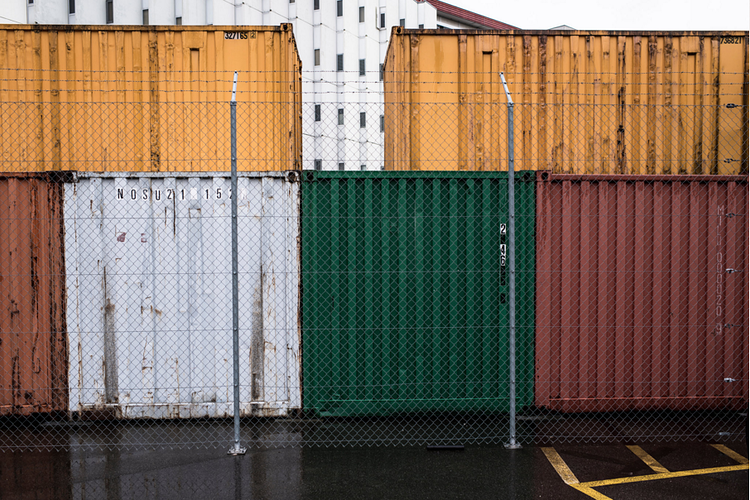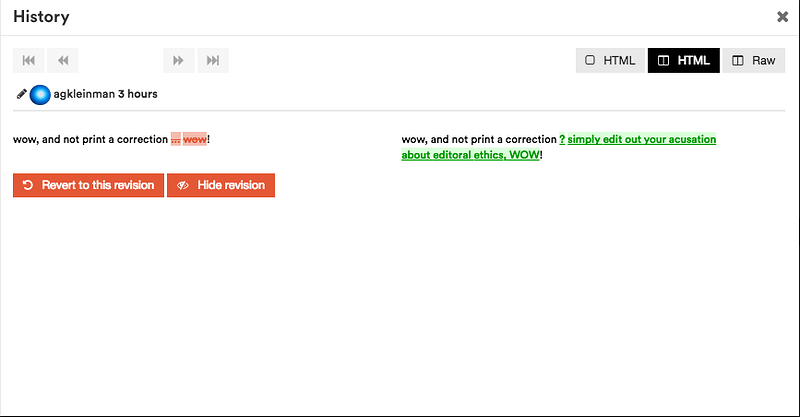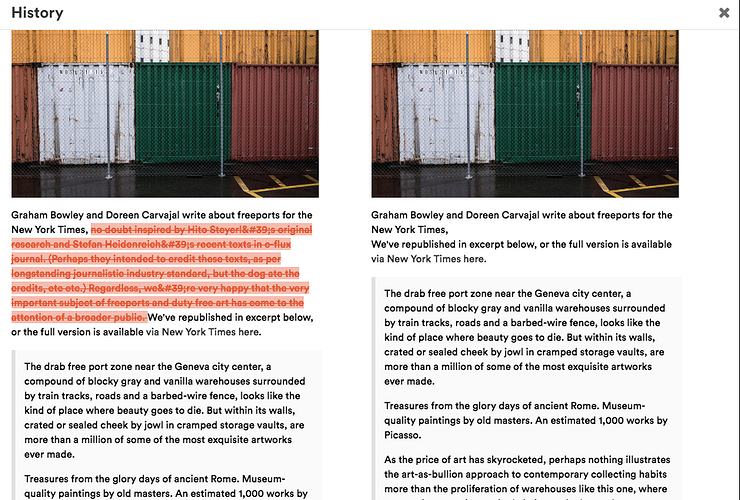Graham Bowley and Doreen Carvajal write about freeports for the New York Times. We’ve republished in excerpt below, or the full version is available via New York Times here.
The drab free port zone near the Geneva city center, a compound of blocky gray and vanilla warehouses surrounded by train tracks, roads and a barbed-wire fence, looks like the kind of place where beauty goes to die. But within its walls, crated or sealed cheek by jowl in cramped storage vaults, are more than a million of some of the most exquisite artworks ever made.
Treasures from the glory days of ancient Rome. Museum-quality paintings by old masters. An estimated 1,000 works by Picasso.
As the price of art has skyrocketed, perhaps nothing illustrates the art-as-bullion approach to contemporary collecting habits more than the proliferation of warehouses like this one, where masterpieces are increasingly being tucked away by owners more interested in seeing them appreciate than hanging on walls.
With their controlled climates, confidential record keeping and enormous potential for tax savings, free ports have become the parking lot of choice for high-net-worth buyers looking to round out investment portfolios with art.
“For some collectors, art is being treated as a capital asset in their portfolio,” said Evan Beard, who advises clients on art and finance at U.S. Trust. “They are becoming more financially savvy, and free ports have become a pillar of all of this.”
The trend is prompting concerns about the use of these storage spaces for illegal activities. It is also causing worries within the art world about the effect such wholesale storage has on art itself. “Treating art as a commodity and just hiding it in storage is something that to me is not really moral,” said Eli Broad, a major contemporary art collector who last year opened his own Los Angeles museum.
Free ports originated in the 19th century for the temporary storage of goods like grain, tea and industrial goods. In the last few decades, however, a handful of them — including Geneva’s — have increasingly come to operate as storage lockers for the superrich. Located in tax-friendly countries and cities, free ports offer savings and security that collectors and dealers find almost irresistible. (Someone who buys a $50 million painting at auction in New York, for example, is staring at a $4.4 million sales tax bill. Ship it to a free port, and the bill disappears, at least until you decide to bring it back to New York.)
At least four major free ports in Switzerland specialize in storing art and other luxury goods like wine and jewelry, and there are four more — most newly minted — around the world: Singapore (2010); Monaco (2012); Luxembourg (2014); and Newark, Del., (2015).
*Image: Containers stacked outside the Geneva Freeport. Fred Merz for the New York Times




